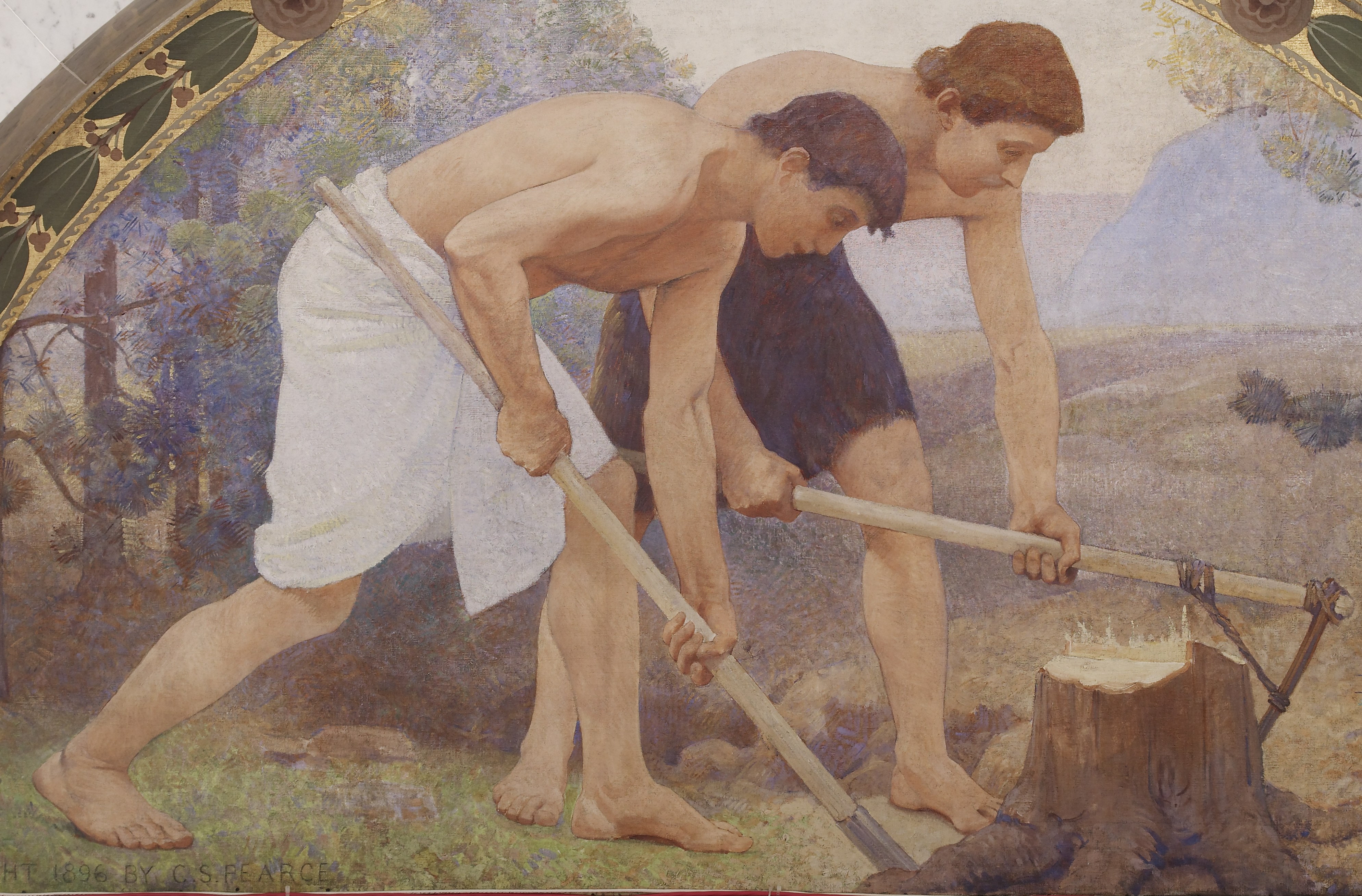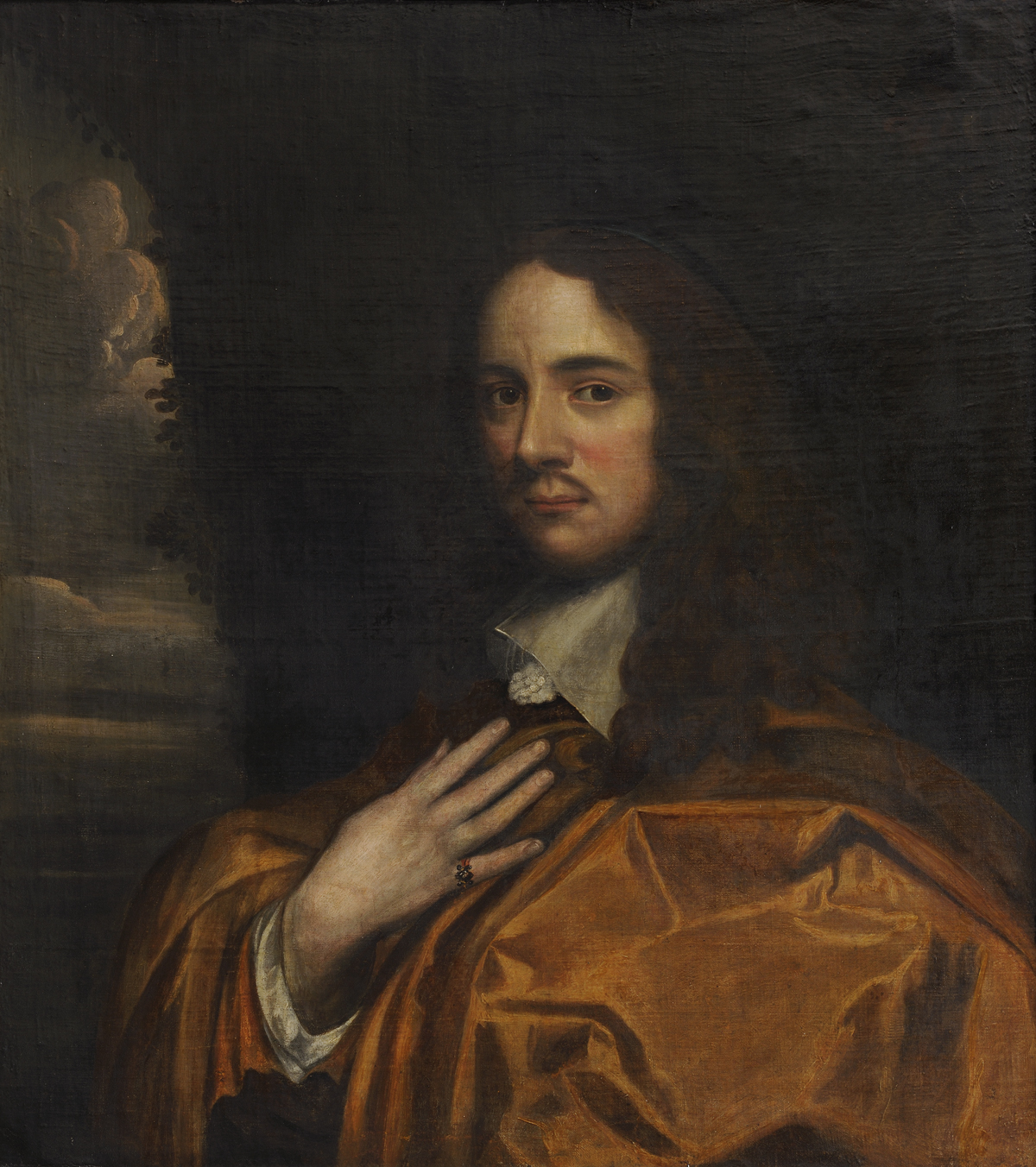|
Elbow Grease
Elbow grease or elbow oil in French is an idiom for manual labour and the process of working hard to accomplish an objective. It is a figure of speech for indicating that nothing other than one's own labour is required for a task, capable of being used in a humorous way. Oxford Languages defines “elbow grease” as “hard physical work, especially vigorous polishing or cleaning” Origins The first use of the phrase in print was in 1672. Andrew Marvell, an English metaphysical poet, used the words in a satirical book about English parliament. Marvell wrote: "Two or three brawny Fellows in a Corner, with mere Ink and Elbow-grease, do more Harm than an Hundred systematical Divines with their sweaty Preaching." In 1699, the phrase appeared in the ''New Dictionary of the Canting Crew'' defined as "a derisory Term for Sweat". The phrase had existed for sometime before that, known as "the best substance for polishing furniture". See also * List of practical joke topics This is a ... [...More Info...] [...Related Items...] OR: [Wikipedia] [Google] [Baidu] |
Idiom
An idiom is a phrase or expression that typically presents a figurative, non-literal meaning attached to the phrase; but some phrases become figurative idioms while retaining the literal meaning of the phrase. Categorized as formulaic language, an idiom's figurative meaning is different from the literal meaning. Idioms occur frequently in all languages; in English alone there are an estimated twenty-five million idiomatic expressions. Derivations Many idiomatic expressions were meant literally in their original use, but sometimes the attribution of the literal meaning changed and the phrase itself grew away from its original roots—typically leading to a folk etymology. For instance, the phrase "spill the beans" (meaning to reveal a secret) is first attested in 1919, but has been said to originate from an ancient method of voting by depositing beans in jars, which could be spilled, prematurely revealing the results. Other idioms are deliberately figurative. For example, "break ... [...More Info...] [...Related Items...] OR: [Wikipedia] [Google] [Baidu] |
Manual Labour
Manual labour (in Commonwealth English, manual labor in American English) or manual work is physical work done by humans, in contrast to labour by machines and working animals. It is most literally work done with the hands (the word ''manual'' coming from the Latin word for hand) and, by figurative extension, it is work done with any of the muscles and bones of the human body. For most of human prehistory and history, manual labour and its close cousin, animal labour, have been the primary ways that physical work has been accomplished. Mechanisation and automation, which reduce the need for human and animal labour in production, have existed for centuries, but it was only starting in the 18th and 19th centuries that they began to significantly expand and to change human culture. To be implemented, they require that sufficient technology exist and that its capital costs be justified by the amount of future wages that they will obviate. Semi-automation is an alternative to worke ... [...More Info...] [...Related Items...] OR: [Wikipedia] [Google] [Baidu] |
Figure Of Speech
A figure of speech or rhetorical figure is a word or phrase that intentionally deviates from ordinary language use in order to produce a rhetorical effect. Figures of speech are traditionally classified into '' schemes,'' which vary the ordinary sequence of words, and '' tropes,'' where words carry a meaning other than what they ordinarily signify. An example of a scheme is a polysyndeton: the repetition of a conjunction before every element in a list, whereas the conjunction typically would appear only before the last element, as in "Lions and tigers and bears, oh my!"—emphasizing the danger and number of animals more than the prosaic wording with only the second "and". An example of a trope is the metaphor, describing one thing as something that it clearly is not in order to lead the mind to compare them, in "All the world's a stage." Four rhetorical operations Classical rhetoricians classified figures of speech into four categories or :Jansen, Jeroen (2008) Imitatio'' ... [...More Info...] [...Related Items...] OR: [Wikipedia] [Google] [Baidu] |
Andrew Marvell
Andrew Marvell (; 31 March 1621 – 16 August 1678) was an English metaphysical poet, satirist and politician who sat in the House of Commons at various times between 1659 and 1678. During the Commonwealth period he was a colleague and friend of John Milton. His poems range from the love-song "To His Coy Mistress", to evocations of an aristocratic country house and garden in " Upon Appleton House" and " The Garden", the political address "An Horatian Ode upon Cromwell's Return from Ireland", and the later personal and political satires "Flecknoe" and "The Character of Holland". Early life Marvell was born in Winestead-in-Holderness, East Riding of Yorkshire, near the city of Kingston upon Hull. He was the son of a Church of England clergyman also named Andrew Marvell (often termed Marvell Senior). The family moved to Hull when his father was appointed Lecturer at Holy Trinity Church , and Marvell was educated at Hull Grammar School. Aged 13, Marvell attended Trinity C ... [...More Info...] [...Related Items...] OR: [Wikipedia] [Google] [Baidu] |
A New Dictionary Of The Terms Ancient And Modern Of The Canting Crew
''A New Dictionary of the Terms Ancient and Modern of the Canting Crew'' is a dictionary of English cant and slang by a compiler known only by the initials B. E., first published in London c. 1698. With over 4,000 entries, it was the most extensive dictionary of non-standard English in its time, until it was superseded in 1785 by Francis Grose's '' Classical Dictionary of the Vulgar Tongue''.Coleman (2004): pp. 41–42. B. E.'s ''New Dictionary'' was used as a source by many subsequent dictionaries. Its full title is ''A new dictionary of the terms ancient and modern of the canting crew, in its several tribes, of gypsies, beggers, thieves, cheats, &c. with an addition of some proverbs, phrases, figurative speeches, &c.'' See also * Cant (language) A cant is the jargon or language of a group, often employed to exclude or mislead people outside the group.McArthur, T. (ed.) ''The Oxford Companion to the English Language'' (1992) Oxford University Press It may also be called a ... [...More Info...] [...Related Items...] OR: [Wikipedia] [Google] [Baidu] |
List Of Practical Joke Topics
This is a list of practical joke topics (also known as a prank, gag, jape or shenanigan) which are mischievous tricks or jokes played on someone, typically causing the victim to experience embarrassment, perplexity, confusion, or discomfort. Practical jokes differ from confidence tricks or hoaxes in that the victim finds out, or is let in on the joke, rather than being fooled into handing over money or other valuables. Practical jokes or pranks are generally lighthearted, reversible and non-permanent, and aim to make the victim feel foolish or victimised to a degree, but may also involve cruelty and become a form of bullying if performed without appropriate finesse. Practical jokes 0–9 * 2004 Harvard–Yale prank A * Alhokm Baad Almozawla * April Fools' Day * List of April Fools' Day jokes B * Berners Street hoax * Bingo Shooting Device * Black fax C * Caltech–MIT rivalry * Candid Camera * Capping stunt * Josiah S. Carberry * Chewing gum bug * Chinese finger trap ... [...More Info...] [...Related Items...] OR: [Wikipedia] [Google] [Baidu] |
Practical Jokes
A practical joke, or prank, is a mischievous trick played on someone, generally causing the victim to experience embarrassment, perplexity, confusion, or discomfort.Marsh, Moira. 2015. ''Practically Joking''. Logan: Utah State University Press. A person who performs a practical joke is called a "practical joker" or "prankster". Other terms for practical jokes include gag, rib, jape, or shenanigan. Practical jokes differ from confidence tricks or hoaxes in that the victim finds out, or is let in on the joke, rather than being talked into handing over money or other valuables. Practical jokes are generally lighthearted and without lasting effect; they aim to make the victim feel humbled or foolish, but not victimized or humiliated. Thus most practical jokes are affectionate gestures of humour and designed to encourage laughter. However, practical jokes performed with cruelty can constitute bullying, whose intent is to harass or exclude rather than reinforce social bonds through ... [...More Info...] [...Related Items...] OR: [Wikipedia] [Google] [Baidu] |





